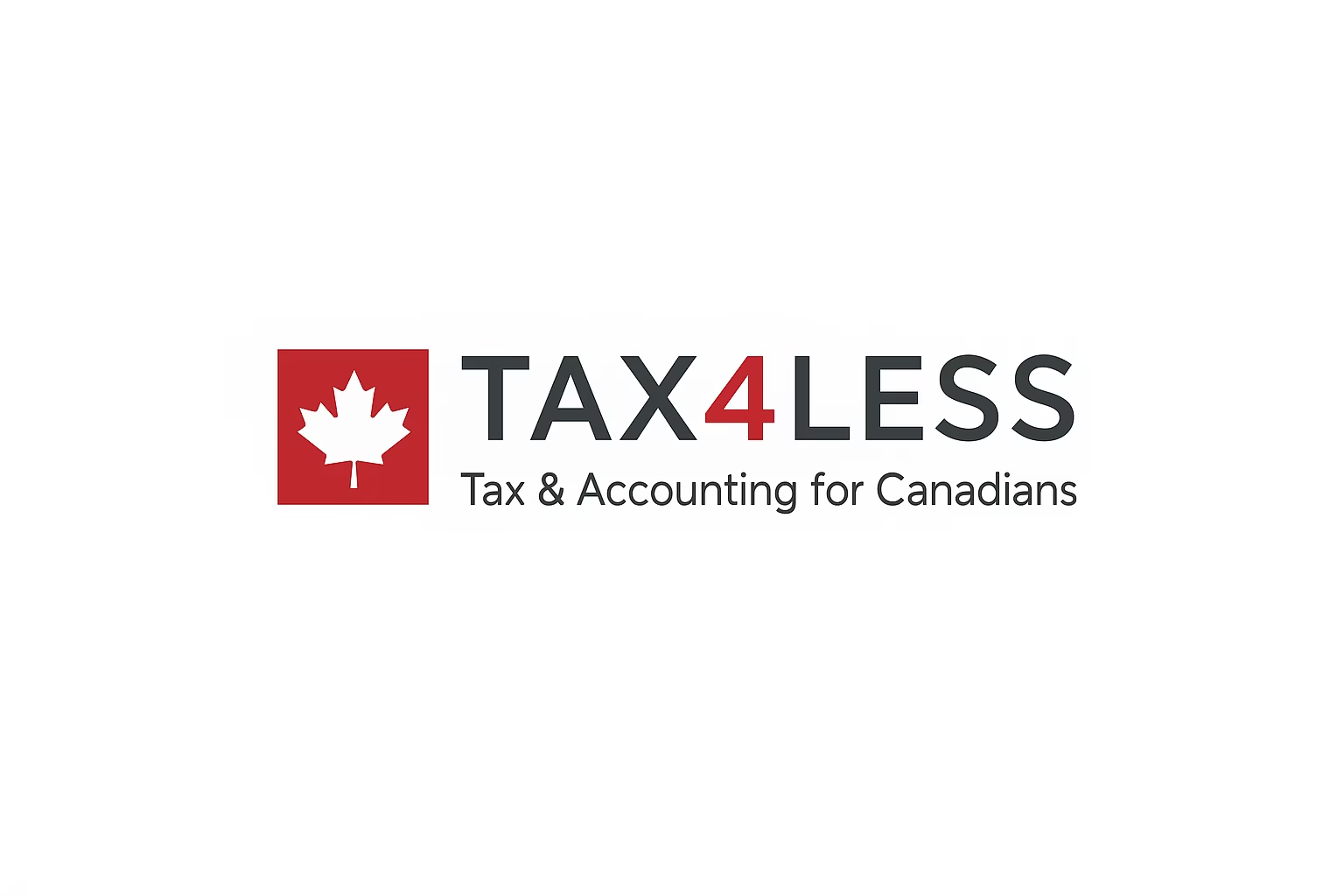Federal vs Provincial Incorporation in Canada: What’s the Difference and Which One Should You Choose?
Incorporating a business in Canada offers entrepreneurs liability protection, tax planning opportunities, and a professional image. But one major decision confuses many new business owners:
Should you incorporate federally or provincially? And what does “extraprovincial registration” really mean?
This article explains:
The difference between Federal Incorporation, Provincial Incorporation, and Extraprovincial Registration
How to choose the right option
Real-life examples for each case
1. Federal Incorporation (Canada-Wide Incorporation)
What It Is:
A Federal Corporation is registered through Corporations Canada under the Canada Business Corporations Act (CBCA). It allows your business to operate and use its corporate name across all provinces and territories, regardless of whether you have operations there right now.
Key Features:
Protects your business name nationwide
Can operate in any province—but you still need extraprovincial registration to physically do business in specific provinces
More stringent corporate name approval process
Federal annual filings are mandatory
Pros:
Strong nationwide brand protection
Flexibility to expand into other provinces later
Often viewed as more prestigious for investors or partners
Cons:
Higher paperwork burden (federal plus provincial registrations)
Can be more costly to maintain due to dual filings
Scenario 1: Federal Incorporation Example
TechNova Solutions Inc. plans to sell software across Canada and eventually open offices in Ontario, Alberta, and Quebec. They choose Federal Incorporation to secure their business name nationwide and prepare for multi-provincial expansion.
Scenario 2: Federal Incorporation Example
Maple Export Logistics Corp. provides logistics services from Vancouver but serves clients across Canada and the U.S. They incorporate federally to simplify cross-border relationships and to project a national image.
2. Provincial Incorporation (Provincial-Only Corporation)
What It Is:
A Provincial Corporation is incorporated within one specific province (e.g., Ontario, Alberta, BC). You can only operate in that province unless you register extraprovincially elsewhere.
Key Features:
Lower cost to start and maintain
Faster, simpler registration process
Name protection only within the province of incorporation
Provincial laws govern your corporation’s structure and requirements
Pros:
Ideal for local businesses
Lower startup costs
Simpler annual reporting (only provincial filings)
Cons:
No national name protection
You must register in other provinces to do business outside your home province
Scenario 1: Provincial Incorporation Example
Ottawa Home Builders Ltd. builds custom homes exclusively in Ontario. They choose Ontario provincial incorporation because they only operate locally and don’t plan to expand outside Ontario.
Scenario 2: Provincial Incorporation Example
Calgary Auto Repairs Inc. serves customers only in Alberta. They incorporate provincially to minimize costs and avoid unnecessary federal compliance.
3. Extraprovincial Registration (The “Extra-Territorial” Step)
What It Is:
When a Federal Corporation or a Provincial Corporation wants to operate outside its province of incorporation, it must register extraprovincially in the new province or territory. This is sometimes called extra-territorial registration.
Example:
If you incorporated federally or in Ontario but want to open a branch in BC, you must file for extraprovincial registration in British Columbia.
Key Differences:
| Federal Corporation | Provincial Corporation |
|---|---|
| Incorporates through the federal government | Incorporates through the provincial government |
| Must register in each province where it does business | Limited to one province unless registered extraprovincially |
| Nationwide name protection | Name protected only in one province |
Scenario 1: Extraprovincial Registration Example
Green Leaf Marketing Inc. incorporated in Ontario but wants to open a sales office in British Columbia. They file for extraprovincial registration in BC to operate legally there.
Scenario 2: Extraprovincial Registration Example
TrueNorth Manufacturing Ltd., a federal corporation, starts production in Alberta and opens retail stores in Quebec. They must file extraprovincial registrations in both provinces to legally operate.
4. Other Types of Incorporation in Canada
| Type | Purpose |
|---|---|
| Professional Corporation | Used by licensed professionals (doctors, lawyers, accountants). Rules vary by province. |
| Non-Profit Corporation | For charities and non-profit organizations. Can be federal or provincial. |
| Unlimited Liability Corporation (ULC) | Available in BC, Alberta, and Nova Scotia. Often used for specialized tax planning for U.S.-based businesses. |
How to Choose: Federal vs Provincial Incorporation
Choose Federal Incorporation If:
You plan to operate in multiple provinces or territories
You need national brand protection
You want to appeal to investors or partners across Canada
You can handle extra filings and costs
Choose Provincial Incorporation If:
Your business operates only in one province
You want a simpler and lower-cost structure
Your market is local or regional
What About Extraprovincial Registration?
You need extraprovincial registration if:
You are federally incorporated but operating in a province
You are provincially incorporated but expanding to another province
Final Thoughts: The Right Incorporation Strategy
Choosing between federal and provincial incorporation depends on your business goals:
Are you staying local? → Provincial is usually better.
Planning to expand nationally? → Go federal or prepare for extraprovincial registrations later.
Consult a lawyer or accountant before you decide, especially if you’re considering long-term growth, franchising, or multi-province operations.
 Contact Us to Get Started
Contact Us to Get Started
Book a consultation and get real answers tailored to your situation.



 Previous Post
Previous Post Next Post
Next Post